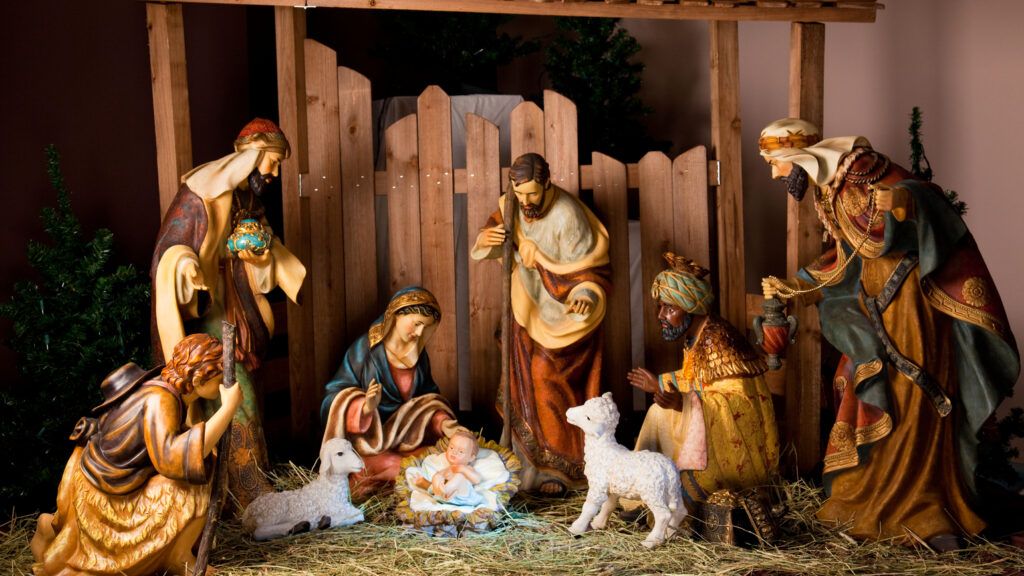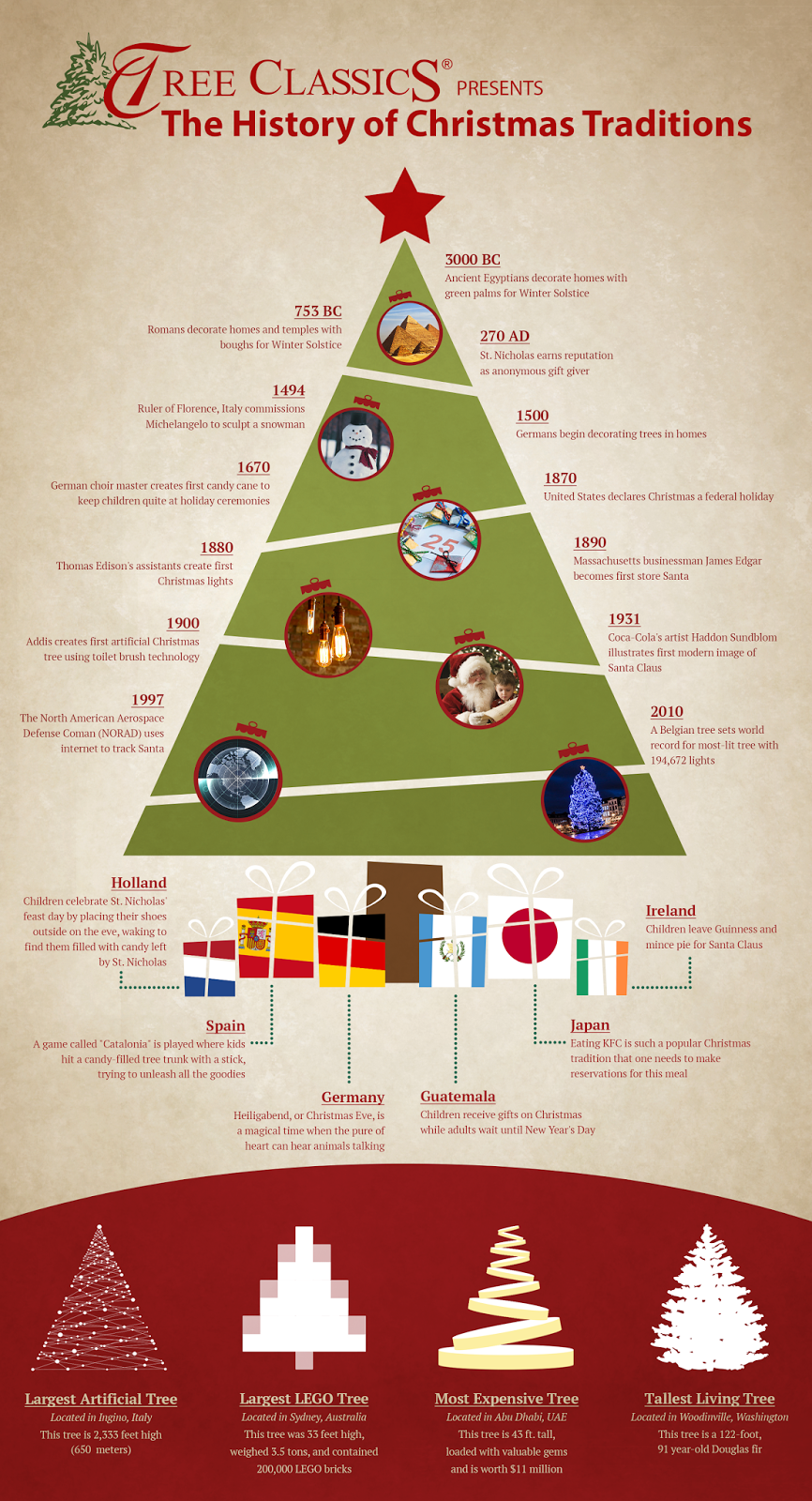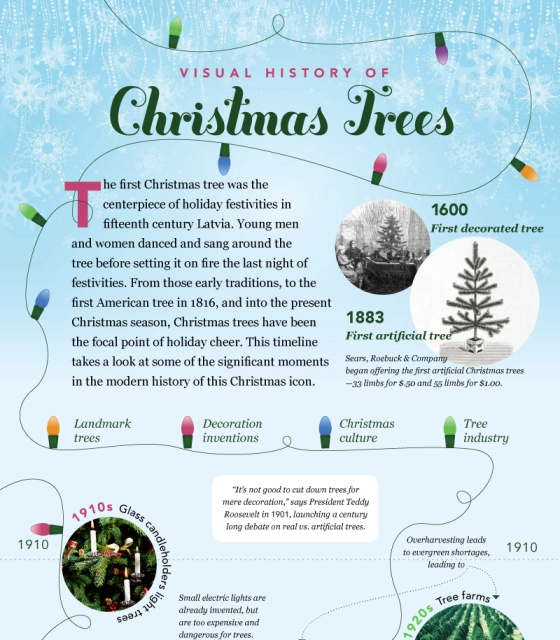A Comprehensive Exploration of the Christmas Spirit: Its History, Traditions, and Significance
Related Articles: A Comprehensive Exploration of the Christmas Spirit: Its History, Traditions, and Significance
Introduction
In this auspicious occasion, we are delighted to delve into the intriguing topic related to A Comprehensive Exploration of the Christmas Spirit: Its History, Traditions, and Significance. Let’s weave interesting information and offer fresh perspectives to the readers.
Table of Content
A Comprehensive Exploration of the Christmas Spirit: Its History, Traditions, and Significance

The term "holly jolly Christmas" evokes a specific feeling: one of joy, festivity, and good cheer. While often used as a simple, lighthearted expression, it encapsulates a complex tapestry of traditions, cultural practices, and historical influences that have shaped the celebration of Christmas as we know it today. This article aims to delve into the multifaceted nature of the Christmas season, examining its origins, exploring its diverse expressions across cultures, and highlighting its enduring importance in the modern world.
Origins and Evolution of Christmas Celebrations:
The celebration of Christmas traces its roots back to the 4th century AD, when the Christian world established December 25th as the official date for commemorating the birth of Jesus Christ. Early Christian celebrations were characterized by religious services and acts of charity. However, the holiday’s evolution has been significantly influenced by a confluence of cultural, historical, and social factors.
Medieval and Early Modern Europe:
The Middle Ages witnessed the emergence of Christmas traditions that continue to resonate today. The practice of exchanging gifts, rooted in the belief that the Magi brought gifts to the newborn Christ, gained popularity. The Christmas tree, believed to have originated in Germany, became a symbol of the holiday in the 16th century, representing the Tree of Life in Christian tradition. The advent of printing further fueled the spread of Christmas carols and stories, solidifying the holiday’s cultural significance.
The Victorian Era and Beyond:
The Victorian era marked a pivotal point in the evolution of Christmas celebrations. The era’s emphasis on family, tradition, and domesticity contributed to the widespread adoption of Christmas decorations, festive meals, and the exchange of gifts. Charles Dickens’s iconic novella "A Christmas Carol" further cemented the association of Christmas with generosity, compassion, and the spirit of giving.
Global Diversity and Cultural Adaptations:
While rooted in Christian tradition, Christmas has transcended religious boundaries and become a global phenomenon. Different cultures have adapted the holiday to their own unique customs and traditions, adding a layer of diversity to its celebration. In many countries, Christmas is celebrated alongside local festivals and traditions, merging religious and secular elements.
The Importance and Benefits of the Christmas Spirit:
The "holly jolly" spirit of Christmas is not simply a matter of festive cheer. It embodies a set of values that have enduring significance:
- Community and Connection: Christmas fosters a sense of community and connection, encouraging individuals to come together and share joy with loved ones.
- Generosity and Giving: The holiday encourages acts of kindness and generosity, emphasizing the importance of sharing and giving back to those in need.
- Hope and Renewal: Christmas symbolizes hope and renewal, offering a time for reflection and a fresh start.
- Tradition and Heritage: The traditions associated with Christmas connect individuals to their cultural heritage and provide a sense of continuity.
FAQs about Christmas:
1. What is the historical significance of December 25th?
December 25th was chosen as the date for celebrating Christmas in the 4th century AD, although the exact date of Jesus Christ’s birth is unknown.
2. What are the origins of the Christmas tree?
The Christmas tree is believed to have originated in Germany, with roots in pagan traditions associated with the winter solstice. It was later adopted by Christians as a symbol of the Tree of Life.
3. Why is Santa Claus associated with Christmas?
Santa Claus is a figure based on Saint Nicholas, a 4th-century bishop known for his generosity and kindness. The modern image of Santa Claus evolved over time, incorporating elements of folklore and popular culture.
4. How does Christmas differ across cultures?
Christmas celebrations vary widely across cultures, incorporating local traditions and customs. For instance, in some countries, Christmas is celebrated with elaborate feasts and family gatherings, while others focus on religious services and acts of charity.
5. What is the significance of Christmas carols?
Christmas carols are songs that celebrate the birth of Jesus Christ and the joy of the holiday season. They have become a cherished part of Christmas traditions, bringing people together in song and celebration.
Tips for Celebrating a Meaningful Christmas:
- Focus on Meaningful Traditions: Reflect on the traditions that hold special significance and prioritize those that resonate with your family’s values.
- Embrace Acts of Kindness: Encourage acts of kindness and generosity, whether through volunteering, donating to charities, or simply offering a helping hand to those in need.
- Connect with Loved Ones: Make an effort to connect with family and friends, fostering a sense of community and shared joy.
- Reflect on the Spirit of Giving: Remember that the true spirit of Christmas lies in sharing, compassion, and the joy of giving.
Conclusion:
The "holly jolly" spirit of Christmas is a potent force that transcends cultural and religious boundaries. It embodies a set of values – community, generosity, hope, and tradition – that have enduring significance in the modern world. By understanding the historical origins, diverse cultural expressions, and enduring importance of Christmas, we can celebrate the holiday in a meaningful and enriching way, fostering a spirit of joy, connection, and goodwill that extends beyond the festive season.

![History of Christmas Traditions [Infographic]](https://infographicjournal.com/wp-content/uploads/2012/11/chirstmas-traditions-history.jpg)






Closure
Thus, we hope this article has provided valuable insights into A Comprehensive Exploration of the Christmas Spirit: Its History, Traditions, and Significance. We appreciate your attention to our article. See you in our next article!